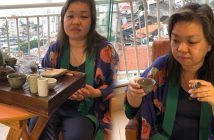In addition to being a profound tea connoisseur, he became an international celebrity with his YouTube channel, Mei Leaf.
Here in Brazil, when we talk about teas, we immediately attribute knowledge to those who never had it. Yes, I’m talking about the British. After all, in Dickens’ books, Jane Austen, sisters Brontë and John Le Carré, all the characters love and drink a lot of tea. Not to mention the famous queen’s tea services.
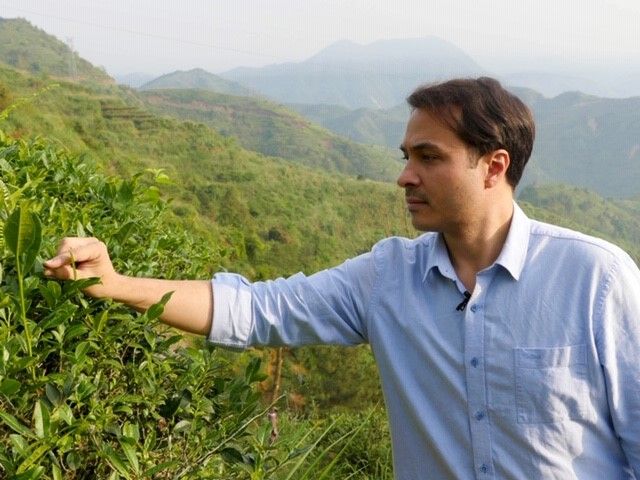
But what many unsuspecting Brazilians have yet to realize is that the average British drink their black tea bag, of dubious quality, plus lemon and milk. Never will they taste oolongs, green, white, matchas or yellow teas.
It took a lot of effort and struggle from a Londoner, son of a Swiss mother and a Chinese father, to start teaching the British that tea is much more than that. His name is Don Mei, owner of London’s most famous tea shop, Mei Leaf (www.meileaf.com) located in the charming neighborhood of Camden Town.
Check here the exclusive interview that Don offered Grão Especial and watch the video:
Grão Especial – Was it difficult to start teaching the British to drink good tea?
Don Mei – It was a lot. Many people think that having a tea shop in a country where its people love tea is easy. But I’d say that, in the beginning, it was more difficult than if I had opened the store in another country, such as Brazil, for example. It was very difficult to start teaching the British something new and different about the tea culture. It is important to clarify that I am not being a snob, because drinking tea has a lot to do with joy, satisfaction. But I cannot deny that the knowledge about the drink here was very shallow. They only drank black tea, usually from India, with milk and, in some cases, lemon. The concept of white, yellow, green, pu-ehr, oolong, matcha tea was completely unknown to the British. Probably, for many it still is! Nowadays, thanks to our education work, part of the population is already beginning to incorporate some novelties in their tea consumption, which for me, is already a big step.
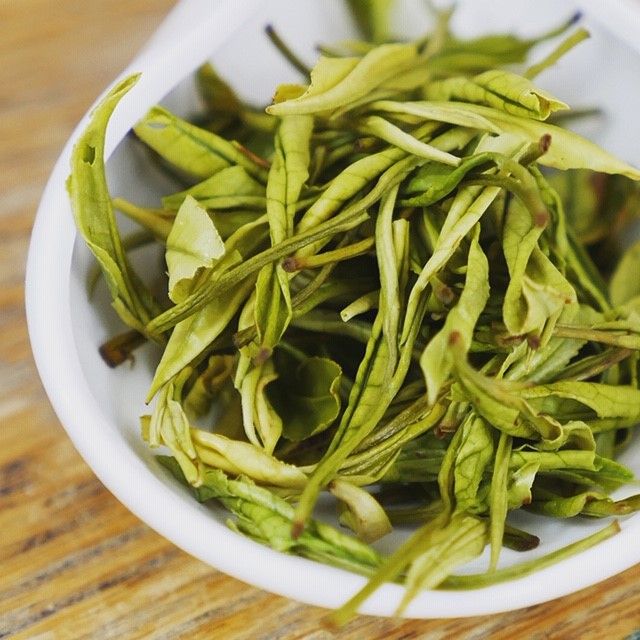
Grão Especial – How did you start to get involved with the subject?
Don Mei – In 1972, my parents opened a small bookstore in London, specializing in books on the Chinese culture, especially the arts. The idea was to contribute to a cultural exchange between the two countries. Over time, my father went abroad to study the Chinese medicine and the business changed. Then, they founded the first Chinese medicine center in the West, with the aim of promoting practices such as acupuncture, chiropractic, the use of herbs and other therapies for medical professionals. In the meantime, I went abroad to study cinema in New York, NYU, and when I returned to London, I worked in the entertainment industry. But, as a good son of Orientals, I thought I needed to help my parents in their business, after all I was able to dedicate myself to studies thanks to all their efforts. They had already sold a few teas, of more or less quality. I imagined that we were wasting opportunities for not exploring the universe of teas. So I told my father that I would like to study a little more and, with his consent, I left for my first visit to China, where I stayed for six months. However, I became absolutely fascinated by the world of tea and never stopped studying it.
In 2005, with the help of my herbal suppliers, I made my first trip as a tea hunting. I fell in love in such a way that, in 2007, after studying and traveling a lot, I founded Mei Leaf and started to bring to England some of the best teas produced in China. No commodities, but special teas.
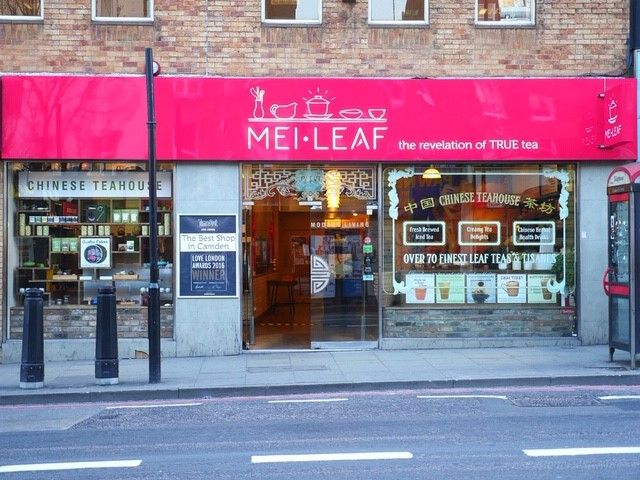
Grão Especial – And was this change well accepted by the market?
Don Mei – In the beginning, it was very complicated. How to convince consumers to pay a much higher price than they were used to spend just to buy the “same” product? In their minds, tea was all the same and nothing more than a commodity. It didn’t make sense to them.
Grão Especial – And how did you manage to change this scenario?
Don Mei – We realized that this mentality would only change with education. We needed to educate our audience and make them understand more about the types of teas, preparations etc. So, we started promoting courses, workshops and tastings every weekend at the store. But it was a slow process, because on a good day, we could have not more than 30 people. And the fact that I kept repeating the same things over and over, exasperated me a little bit. Because I was also thirsty for knowledge, I longed to see and learn other things but I had no time for that, until we started thinking about using YouTube to teach the courses. It was a way of being creative, thus using my production knowledge combined with tea. Hence, my students could get information 24 hours a day, 7 days a week.
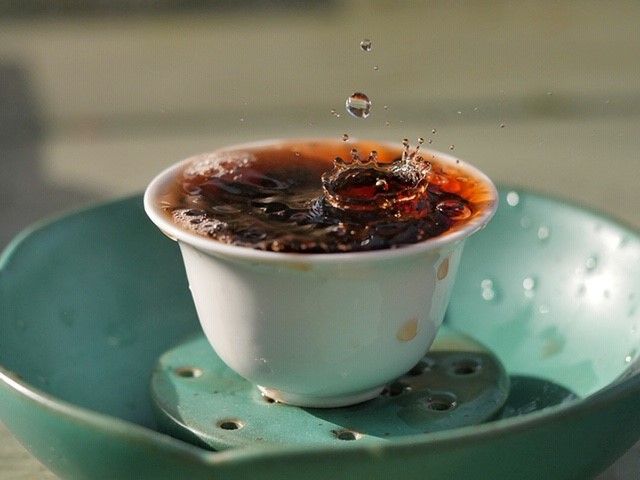
Grão Especial – And what was your first destination in China?
Don Mei – I went to Wuhan and Zhejiang, China’s most famous green tea region. Wuhan has a very special place in my heart because it is a province dedicated to tea, with a very strong connection to the history of drinking. Since then, I have been in the country 22 times, once or twice a year, in spring or autumn, which are the best times of the year to develop my work.
Grão Especial – How did your performance on Youtube change your business?
Don Mei – It changed it significantly. Since we started, my wife and I (by the way, this is the entire film crew), my life has become much more complicated. We upload a new 30-minute video every week. We have to dedicate ourselves intensely, in addition to the regular activities of a business like ours. But it is obvious that it is an excellent opportunity. Our audience is fantastic, formed by almost 70 thousand subscribers, and helped us to grow a lot. Especially in the international market, we sell teas to the whole world, including Brazil and China, through our Marketplace. Furthermore, I don’t need to keep repeating the same information over and over, as I did in the workshops, and it’s available at any time.
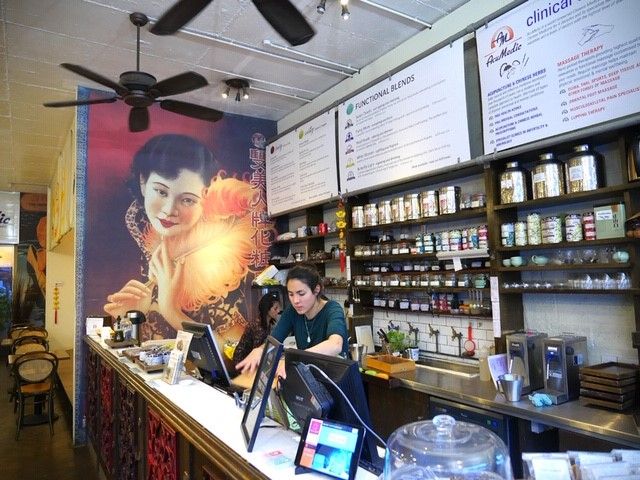
Grão Especial – What tea would you recommend to Brazilians who are starting to be interested in the subject?
Don Mei – I would say that Brazilians could start taking a Kuan Yin (oolong), as it is fruity, creamy, aromatic and has a final taste of freshness. Or maybe the jasmine tea or the Long jing dragon well tea (green tea). But please keep in mind that each person is unique. The important thing is to experiment, with an open mind. My advice is: find the best tea you can buy, from leaves, from camelia sinensis, and prepare it correctly. The wonderful thing about the world of teas is that there is an immense amount of tastes and flavors. I’d even venture to say that it is much greater than that of wine. Another tip: do a great deal of tasting. I notice this a lot in my store. Sometimes, in a tasting session, a client tastes numerous teas and none in particular draws their attention. I always tell them to go back to the first one and taste it again. It is a good hint so that they may really find out what they are fond of. Many end up choosing the first or the second item. And, of course: preparation is very important. Ideally, tea should be prepared in the gong fu style.
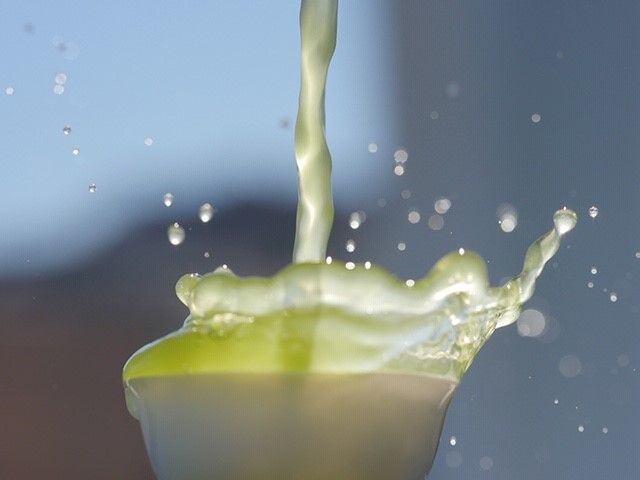
Grão Especial – But in one of your videos, you say that the rule must be having no rules for enjoying tea. Right?
Don Mei – Yes. Like everything in life, you must know the rules, get the knowledge, and then break them! Find out what works for you. Even because of my background, I am a little irreverent and I don’t mind breaking some rules, without being fearful of hurting the Chinese’s susceptibility in making teas, despite the fact that I recognize and admire all the knowledge passed from generation to generation.
Grão Especial – How does water quality affect tea?
Don Mei – It totally affects the quality of the drink, since tea is composed of 99% water. My students ask me for a video on water, but it involves a lot of knowledge and I still haven’t been able to make one on the subject. Water has infinite variables in its composition. But let’s not get into that. Let’s do it like the Chinese, who say that the best water to make tea is the same water you use to water the crop plants. It has to be balanced.
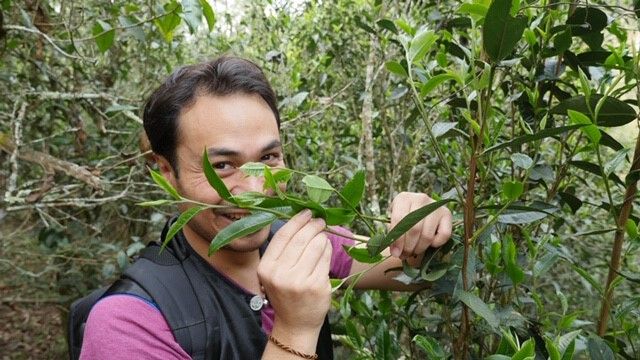
Grão Especial – Do you think that having a certification is essential?
Don Mei – No, it is not. In our case, teas are selected from small Asian producers, which produce very high-quality teas. They sell their teas only to the best houses and do not have to spend on the certification process, which is expensive and time-consuming. They will sell their teas anyway. I believe that the certification is valid for producers who are looking to improve their quality in order to increase the final price.
Mei Leaf Teahouse – 99, Camden Hight Street, London, NW1 7JN, United Kingdom
@mei_leaf
Photos: Mei Leaf


